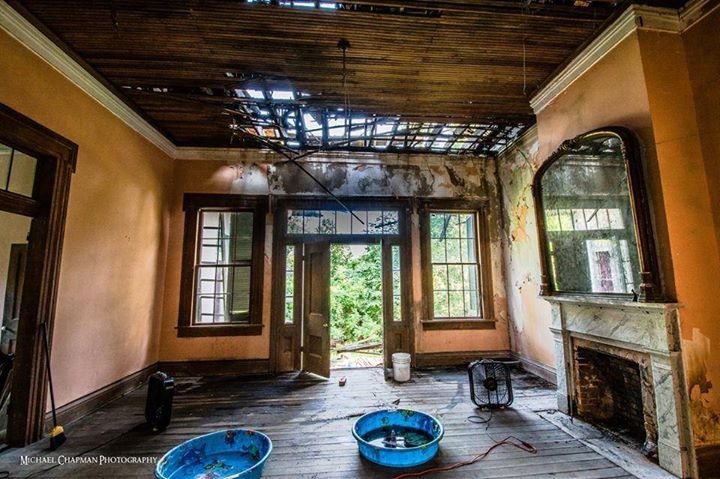Prospect Hill Plantation was founded by Revolutionary War veteran Isaac Ross, who came to the Mississippi Territory in 1808 with a large contingent of slaves as well as free blacks who had served alongside him in the war. The plantation’s history is unique among historical sites in the United States and has significance to the history of Liberia, located in West Africa, as well. It is as much about African-American history as it is a tale of a divided slave-owning family, and it spans more than 200 years and two continents.
The existing Prospect Hill house is actually the second on the site. Ross’s original mansion was burned during a slave uprising and the current house was built by his grandson in 1854. Out of fear that they would be mistreated by a subsequent owner, Ross wrote in his will that at the time of his daughter Margaret’s death his slaves would be emancipated. He then instructed that Prospect Hill would be sold and the money used to pay for his slaves to go to the West African colony of Liberia, which had been set up for the purpose of “repatriation” by a group known as the American Colonization Society. Ross felt that this was the only way for the slaves to gain control of their destiny. In 1845, a group of nearly 300 Ross family slaves made the journey from Prospect Hill to New Orleans, and then across the ocean to Africa.
The Archaeological Conservancy is not set up to restore and maintain historic structures, but due to the site’s important archaeological remains and distinctive historic significance, we acted quickly to acquire the property in 2011. We have relied on assistance from volunteers and donations to try to stabilize the antebellum house with the main focus directed on the roof. An individual expressed interest in purchasing and restoring the house completely, provided that we raise funds for the roof. The Conservancy retains a protective archaeological easement on the grounds, achieving our mission to protect the archaeological resources and prevent the destruction of any cultural material.
We are pleased to have completed the roofing project in 2017, but the house is now compromised in other areas and is in need of repairs. We are hoping to do more work at Prospect Hill, but need financial help through grants and donations. Please help us continue the preservation process by making a donation to The Archaeological Conservancy.




